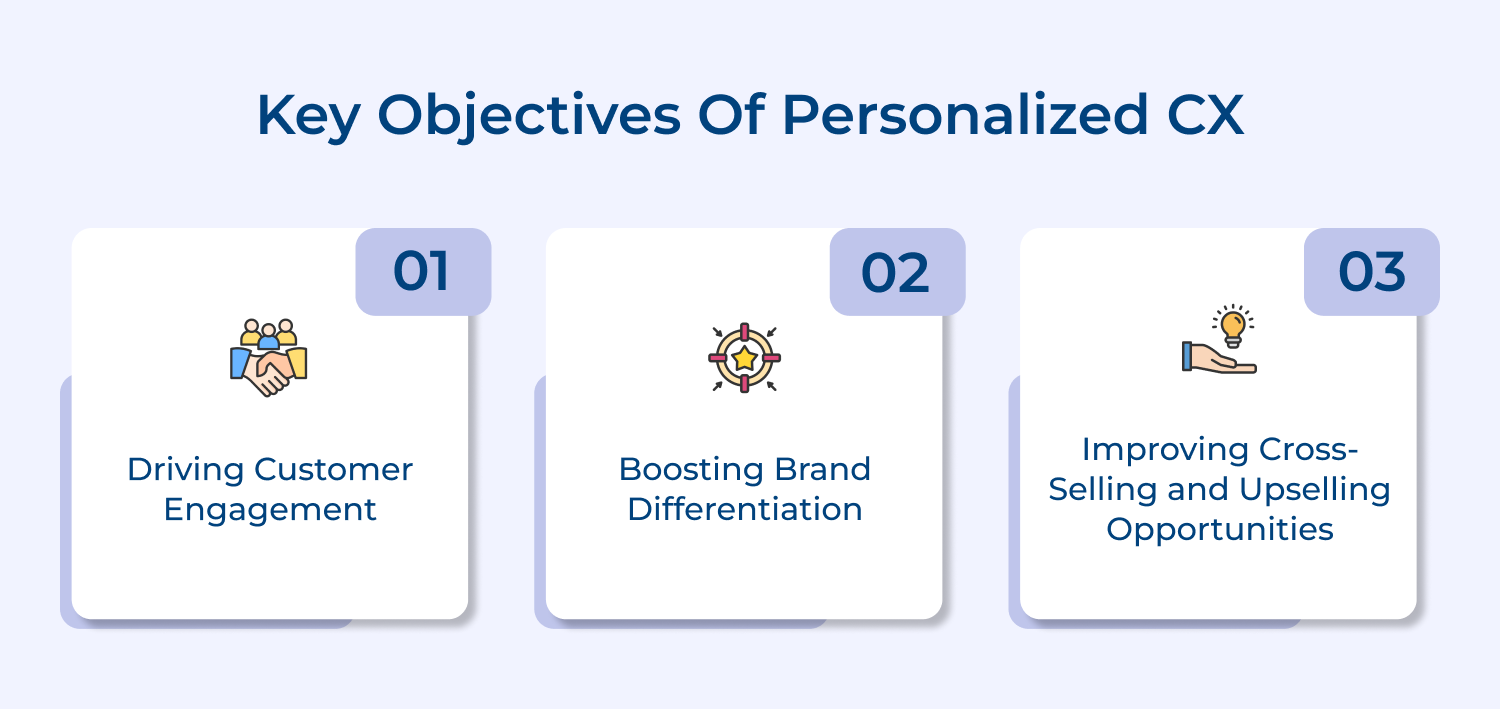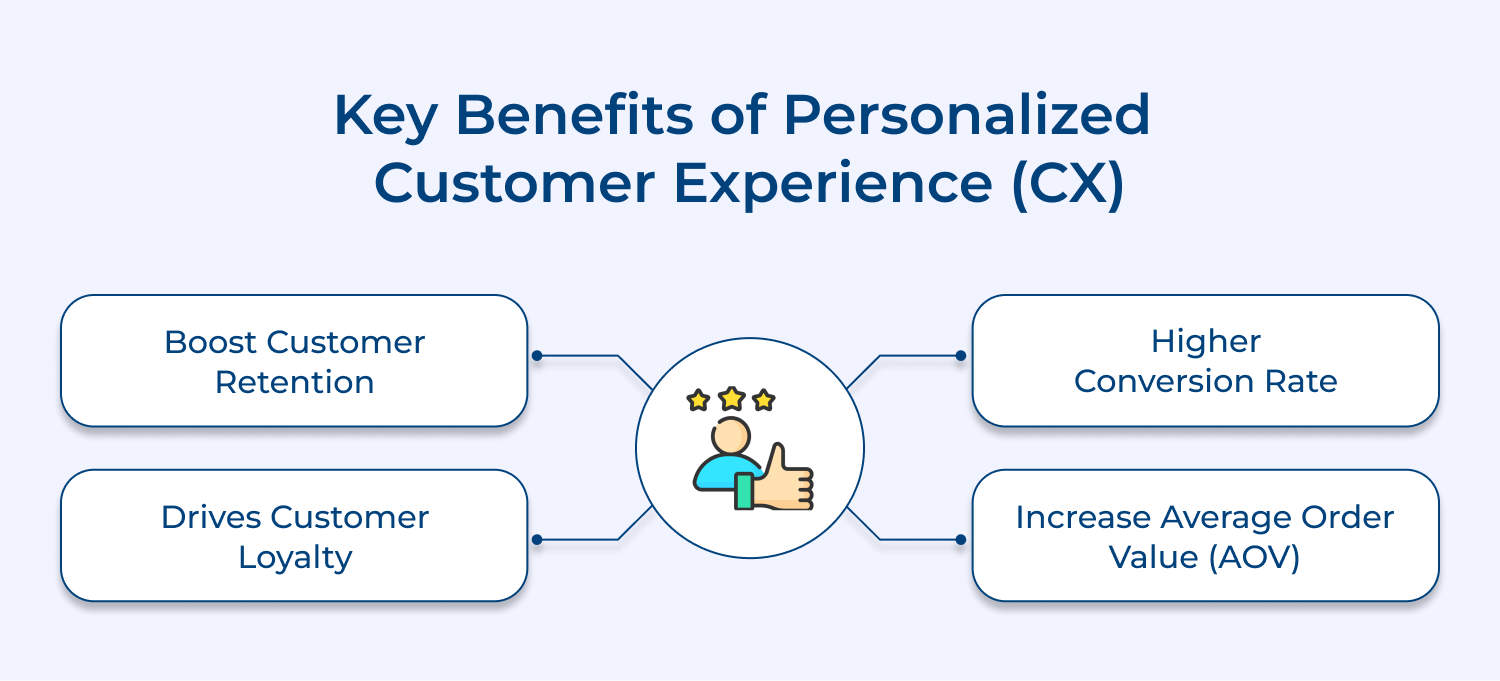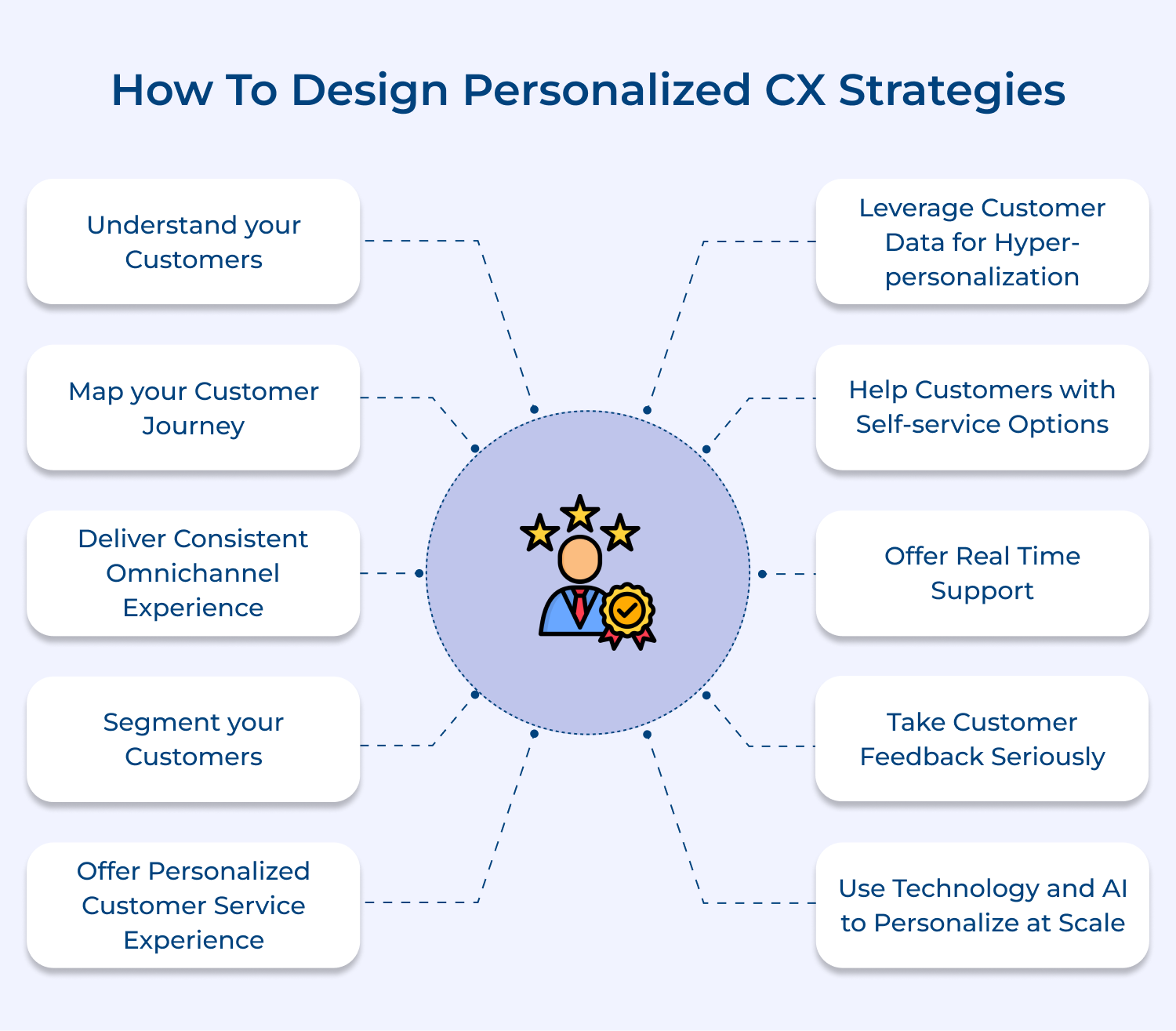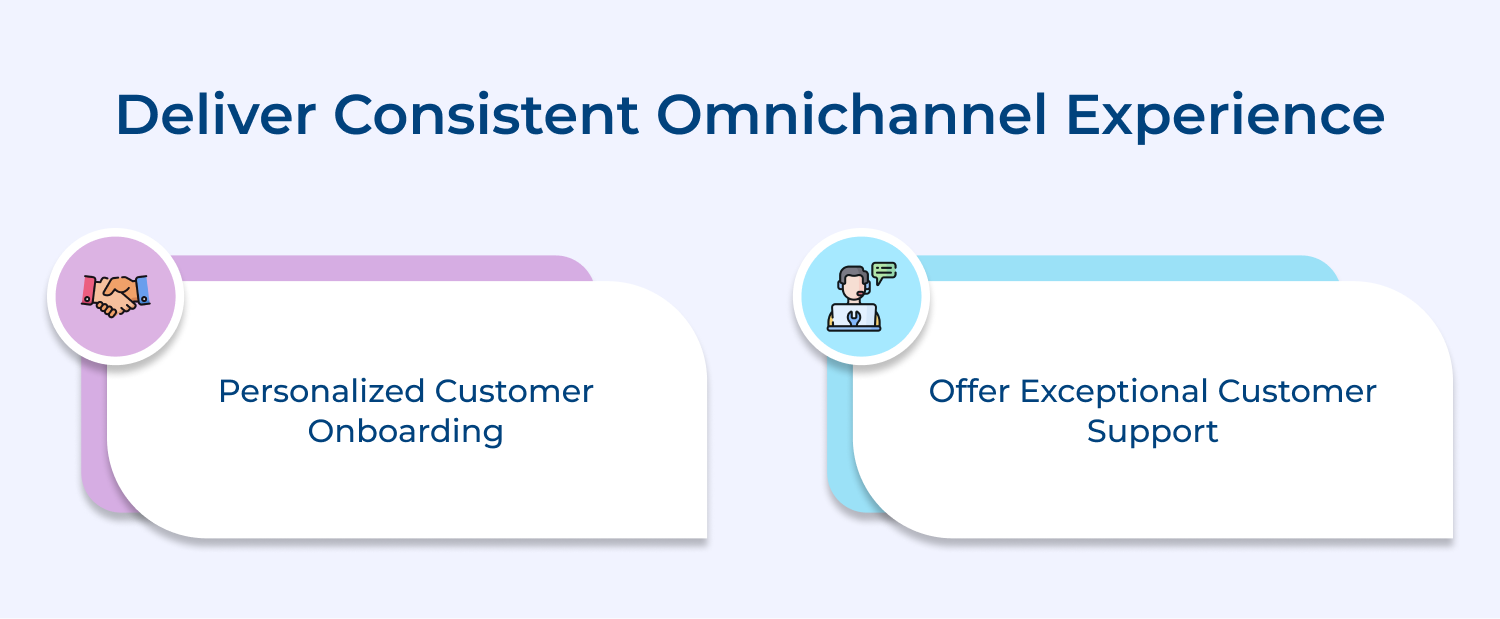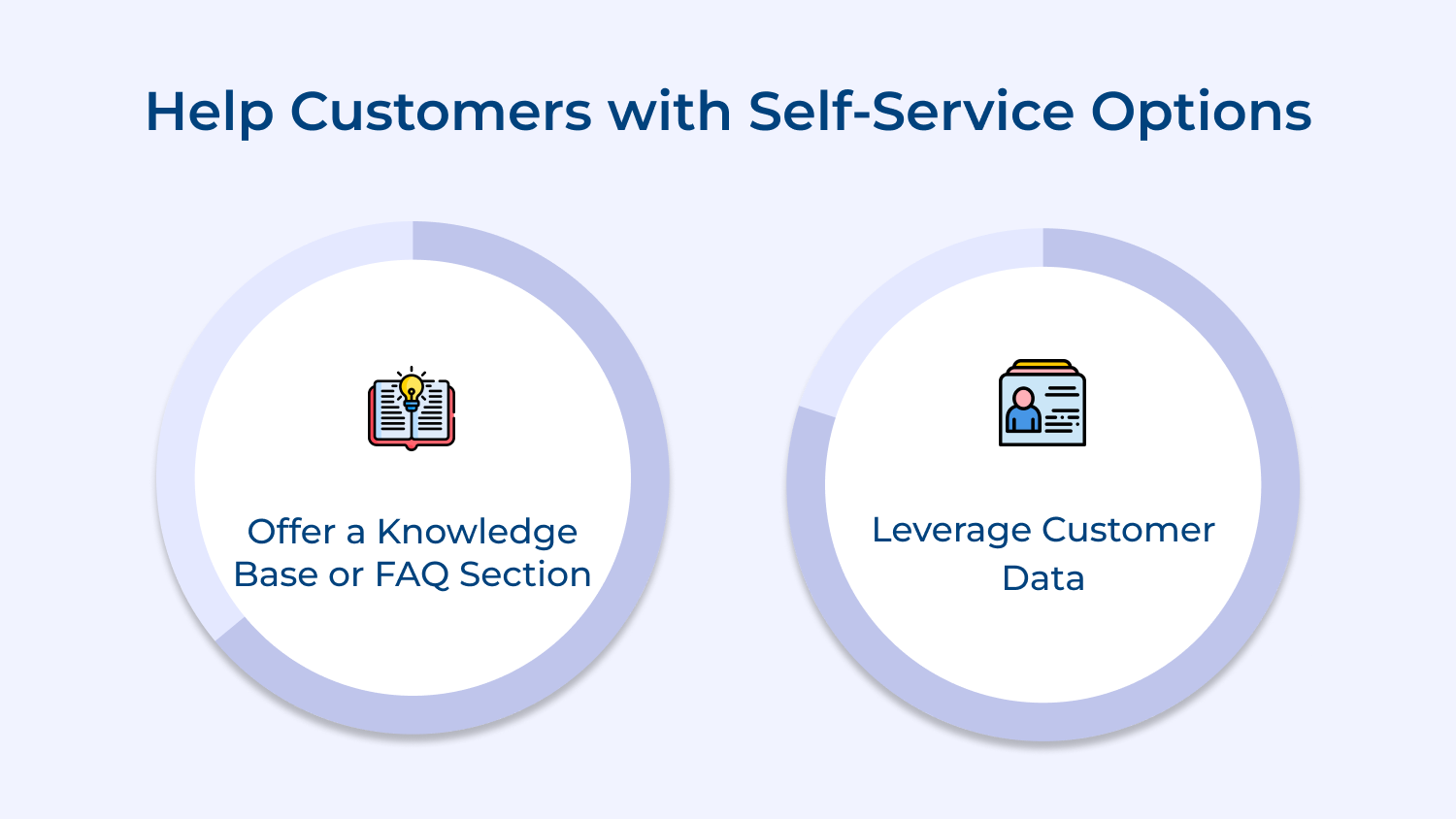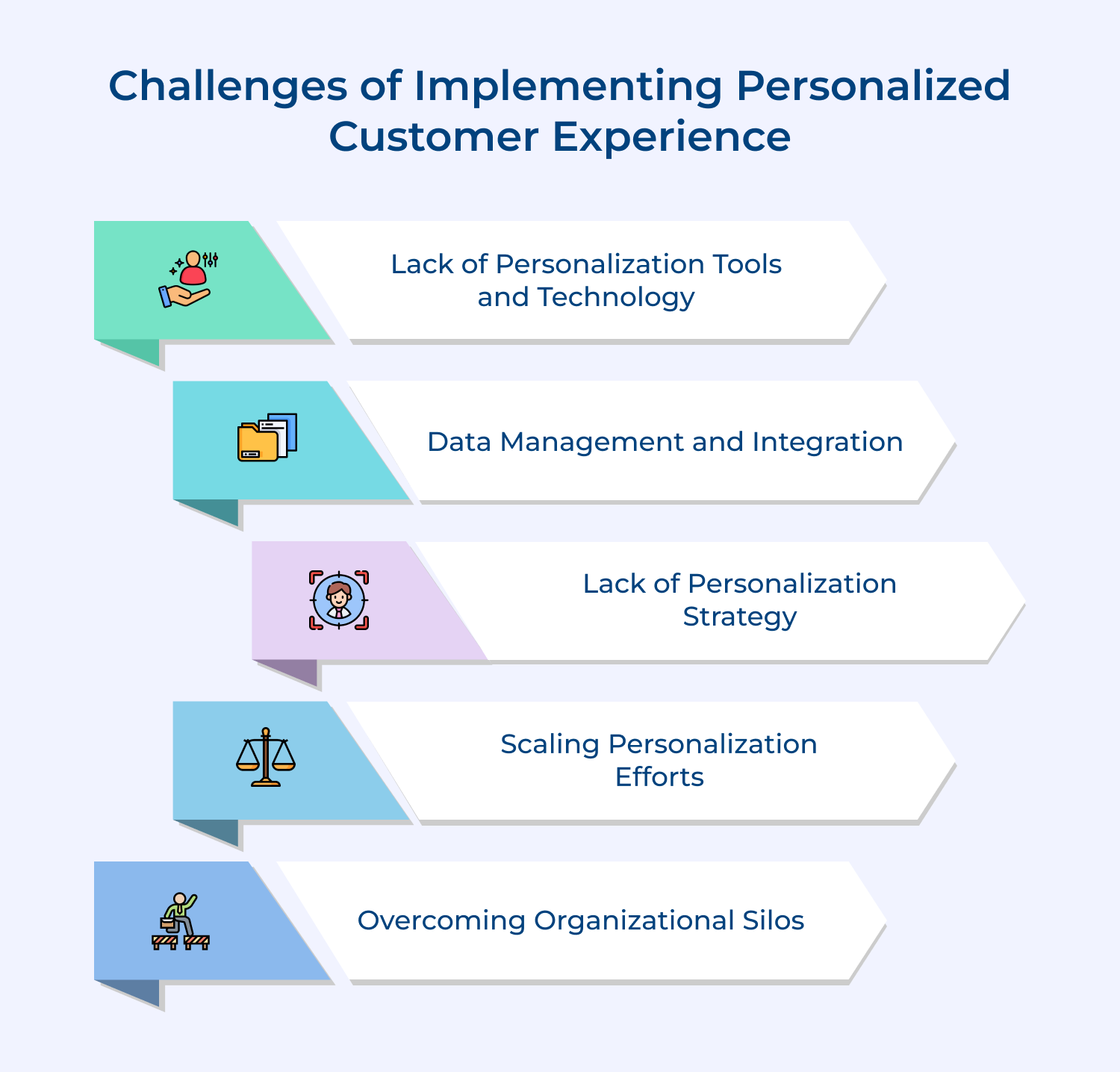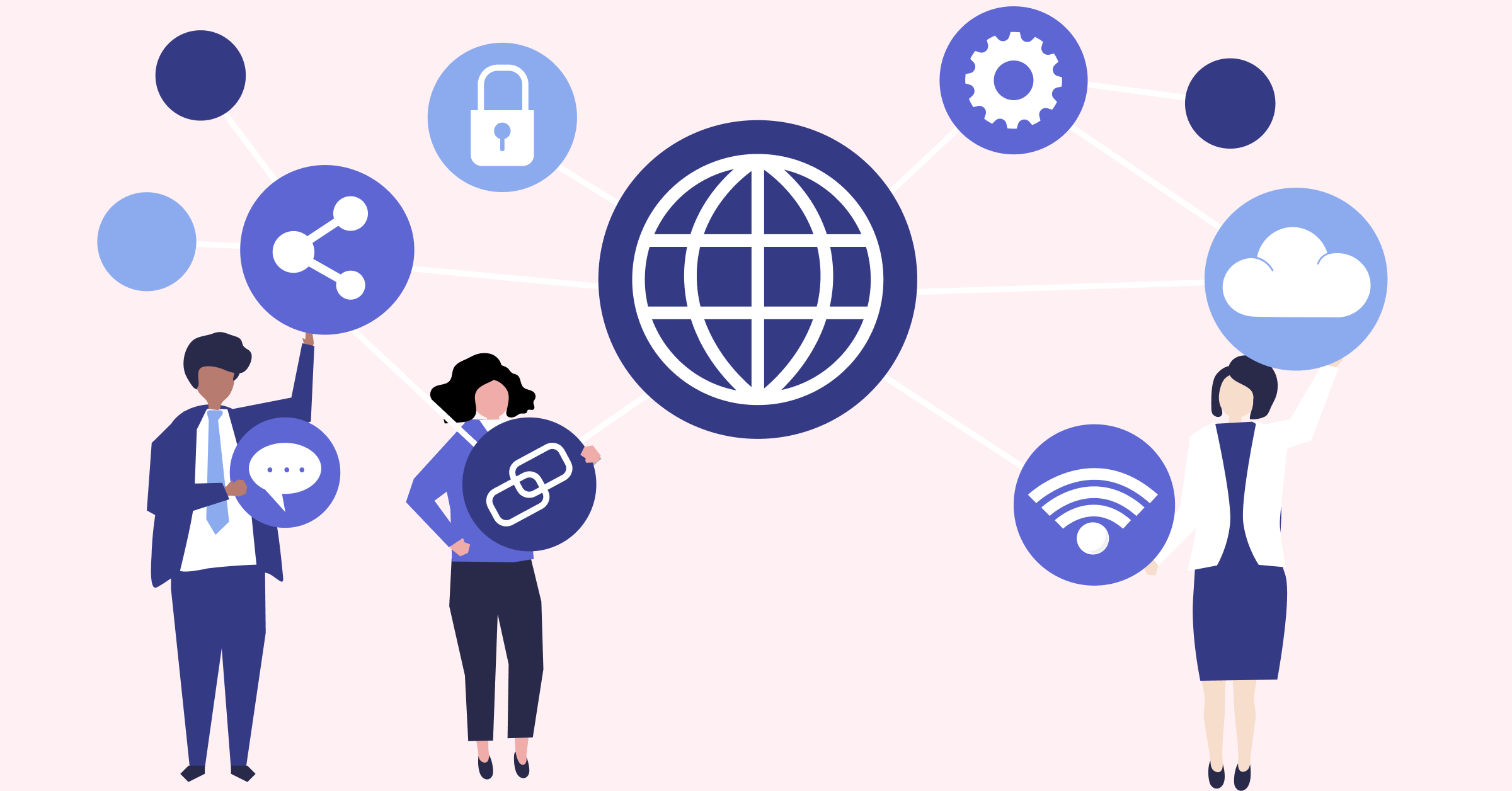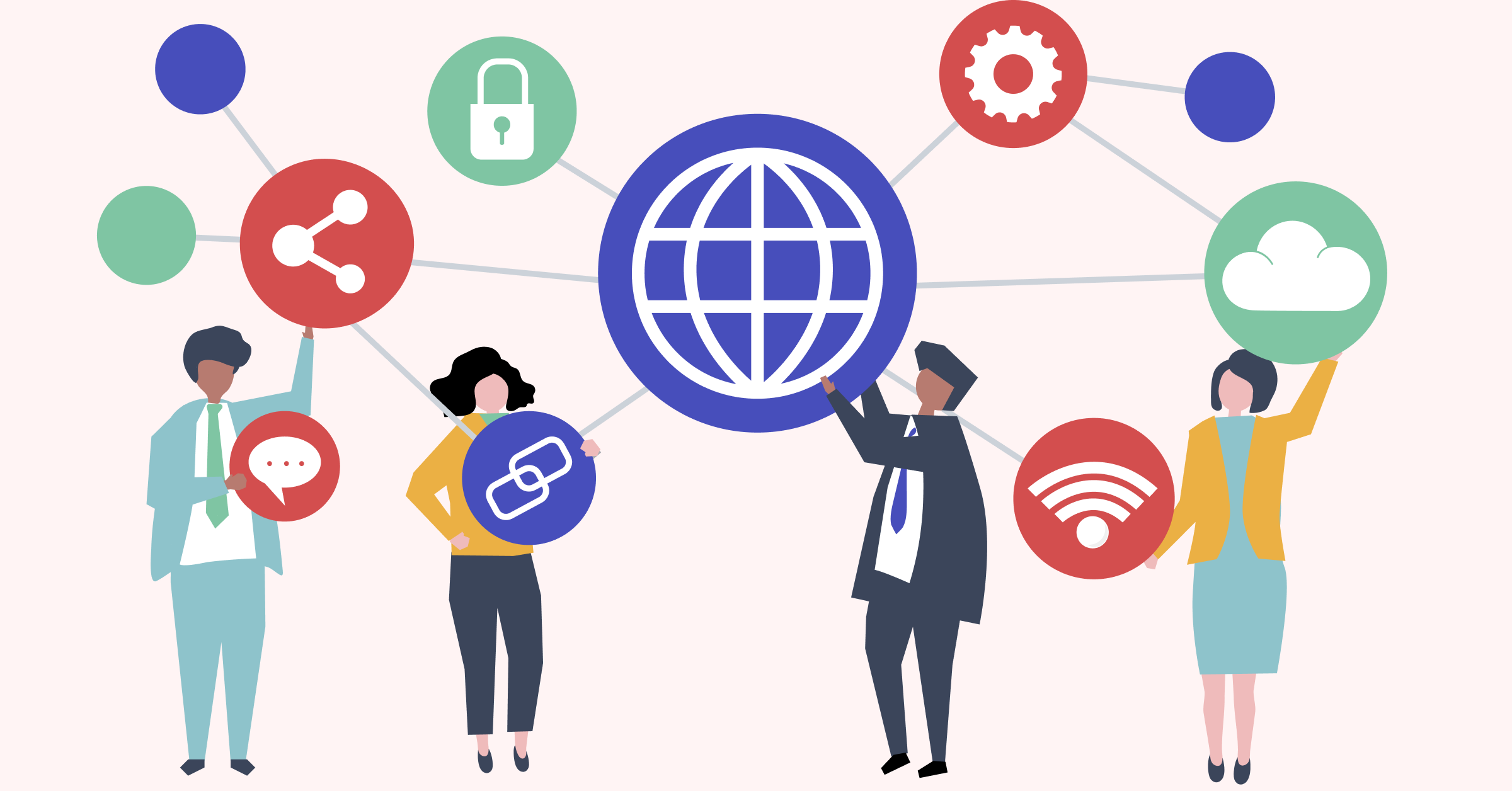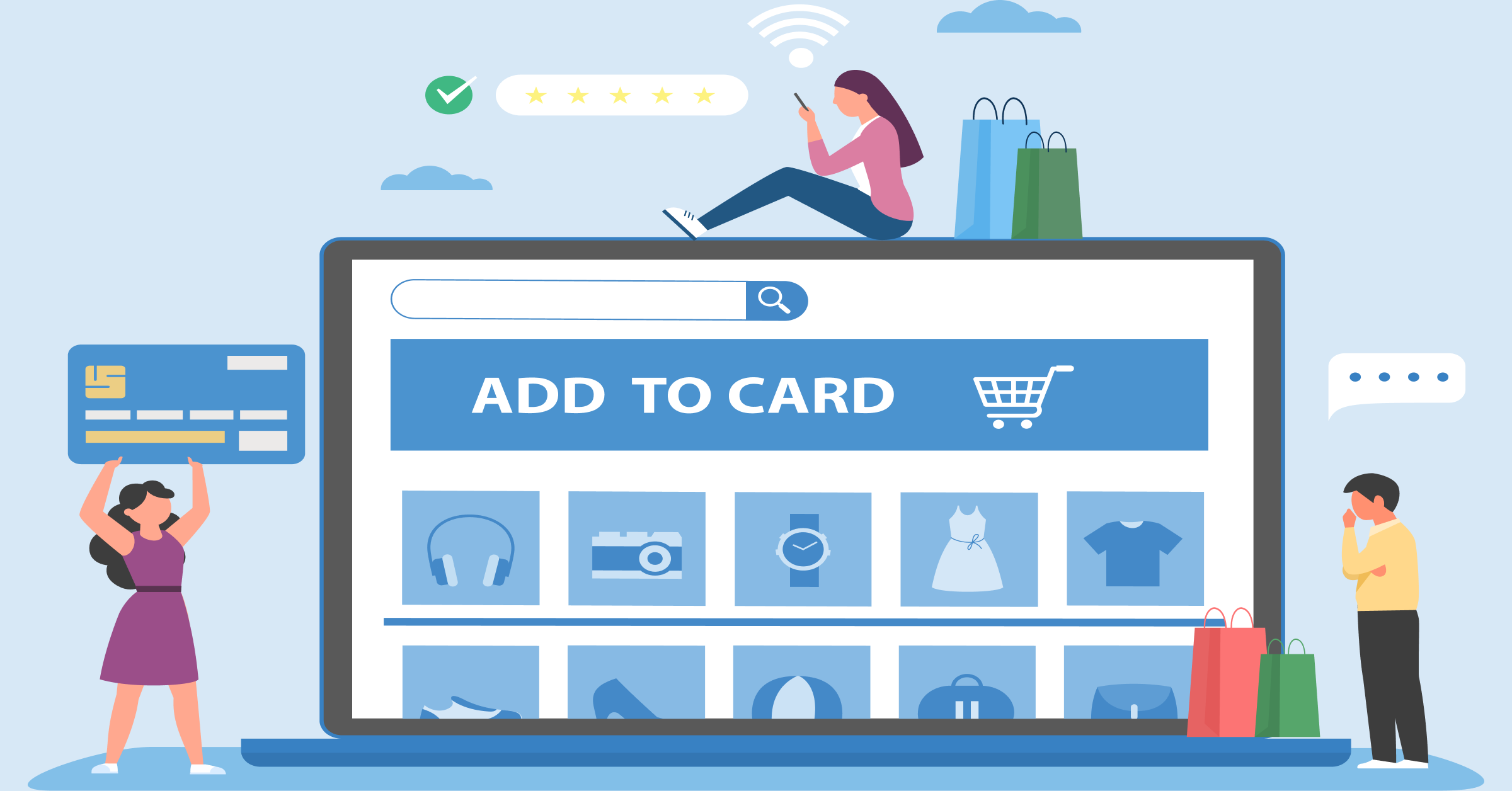Sephora is well known for the brilliance behind its omnichannel customer experience. They are known for the Beauty Insider Rewards program. Customers can tap into the Beauty Bag on their phone or desktop. Their application of an omnichannel marketing strategy has nurtured 11 million members, who spend 15 times more money on Sephora.com than the average user.
Best Practices:
- Personalize customer onboarding: Onboarding processes should be optimized in such a way that new customers feel welcomed while using your product/service. It could include providing helpful resources like onboarding checklists, video tutorials, etc.
- Offer exceptional customer support: Businesses should ensure that their customer service teams are equipped with all the necessary resources they need to address customer queries.
4. Segment Your Customers
Not just segmentation, micro-segmentation is in trend.
Customer segmentation is the best way to collect insight into the market landscape. Customer segmentation is all about grouping customers into segments based on shared qualities.
To effectively personalize the customer experience, it’s important to divide your customer base into different segments based on their characteristics, behaviors, or preferences. It allows you to create targeted strategies for each segment rather than taking a one-size-fits-all approach.
Best Practices:
- Customize interactions: Involve tailoring marketing messages & content, personalizing product recommendations, offering exclusive promotions, or providing targeted customer support. The goal is to make each customer feel understood and valued.
- Automate personalization: Implementing personalized CX strategies can be time-consuming. To scale leverage automation tools to automate data collection, analysis, and customization processes, allowing personalized experience at scale.
5. Offer Personalized Customer Service Experience
A personalized customer service strategy has a direct impact on the customer delight index. Customers expect to be treated as individuals with their unique preferences taken into account.
80% of customers are more likely to purchase a product or service from a brand that provides customized experiences.
Implementing strategies such as personalized product recommendations, tailored promotions, and proactive customer support can go a long way in enhancing the overall customer experience.
Best Practices:
- Leverage data and technology: Use customer relationship management (CRM) software to track customer data. The information can then be used for personalized email campaigns or targeted advertisements on social media platforms.
- Offer multiple communication channels: Customers have different preferences when it comes to communication channels. It ensures that they can reach out to you in the most convenient way for them, increasing their satisfaction with your brand.
6. Leverage Customer Data For Hyper-Personalization
Gathering and analyzing customer data is essential for designing personalized CX strategies.
Collect information through various touchpoints, such as purchase history, social media engagement, and customer satisfaction survey templates. Harnessing data-driven insights can hyper-personalize your marketing messages and deliver tailored experiences that meet or exceed customer expectations.
Best Practices:
- Segment your audience: Segmenting your audience allows you to create more targeted experiences tailored to each group’s unique preferences.
- Develop customer personas: Building customer personas helps to understand the needs and pain points of target customers. Creating detailed profiles that represent different segments of your audience.
- Tailor content and messaging: Utilize customer data and segmentation to craft targeted messages that address each customer’s unique needs.
7. Help Customers With Self-Service Options
Customers expect hyper-personalized experiences — even when they choose self-service. The more context your company has about previous voice and digital interactions, the better experiences you can provide.

